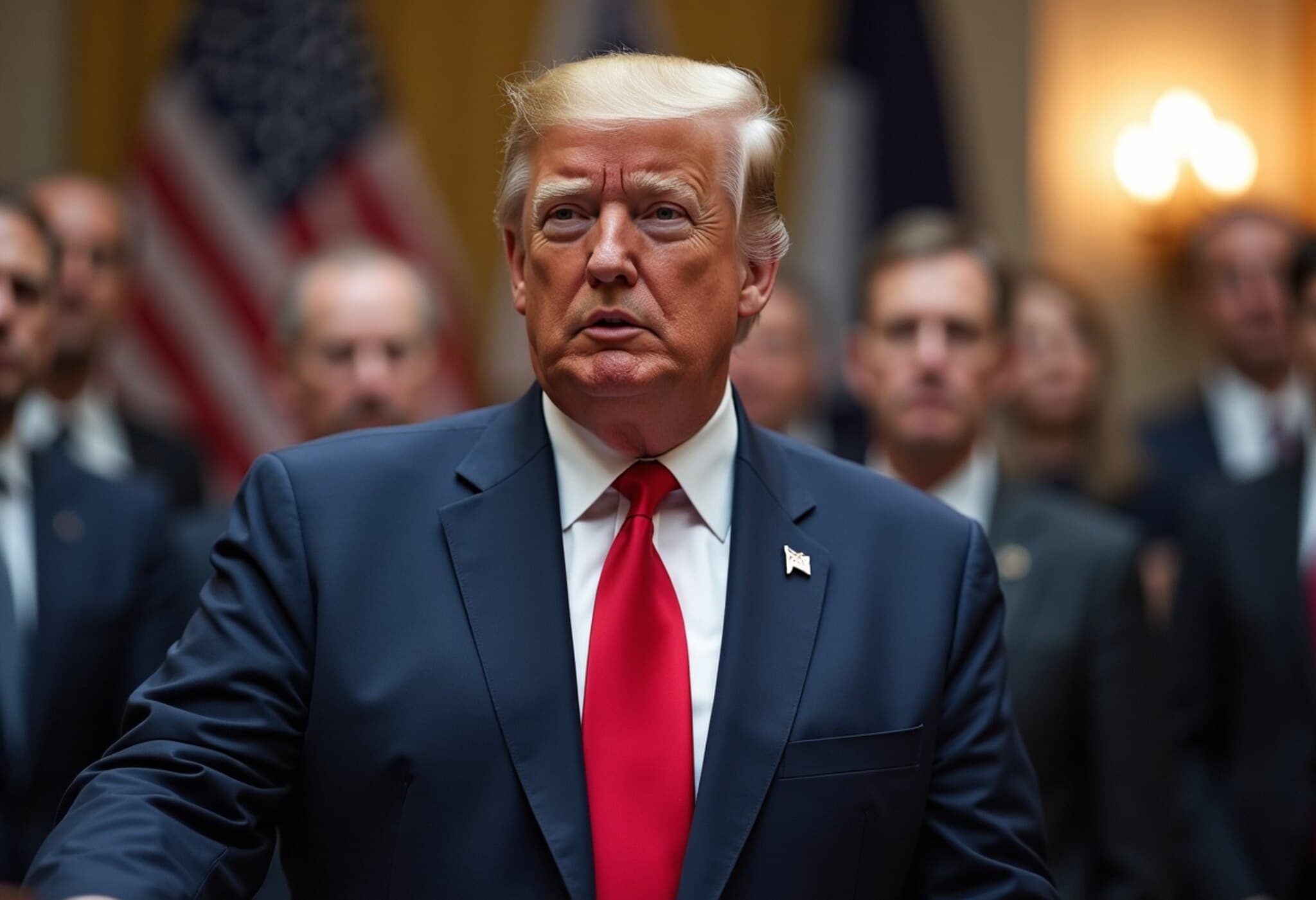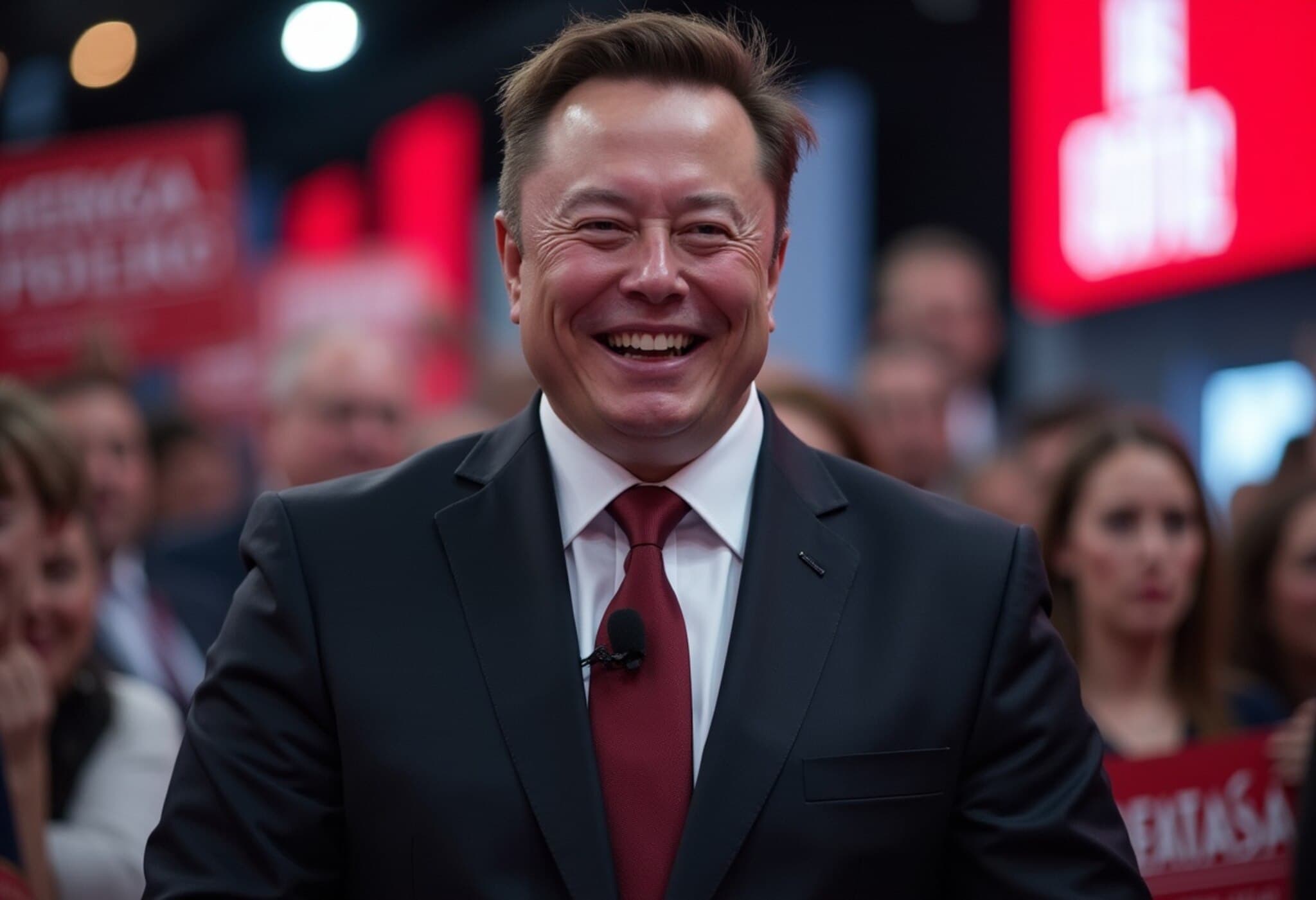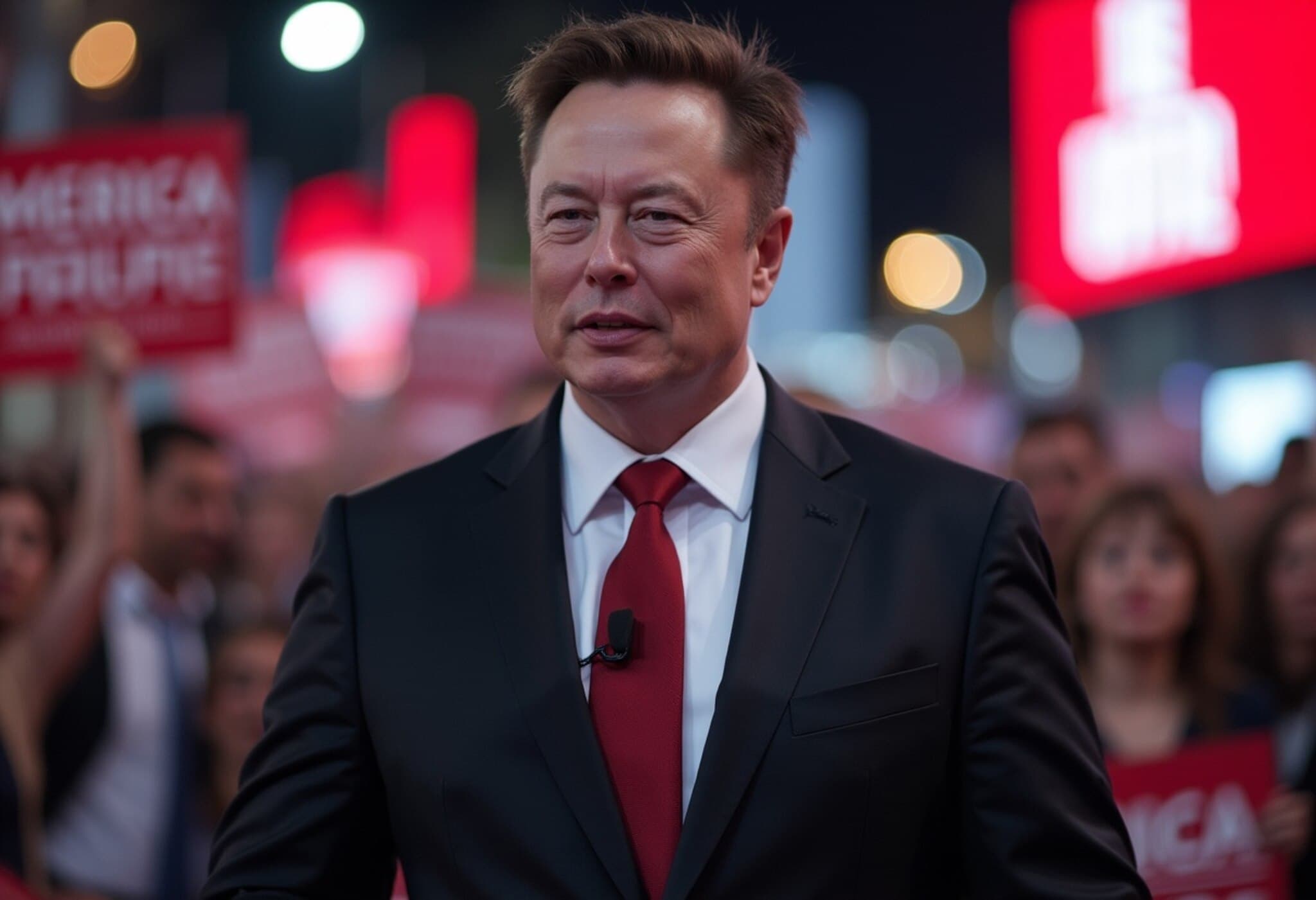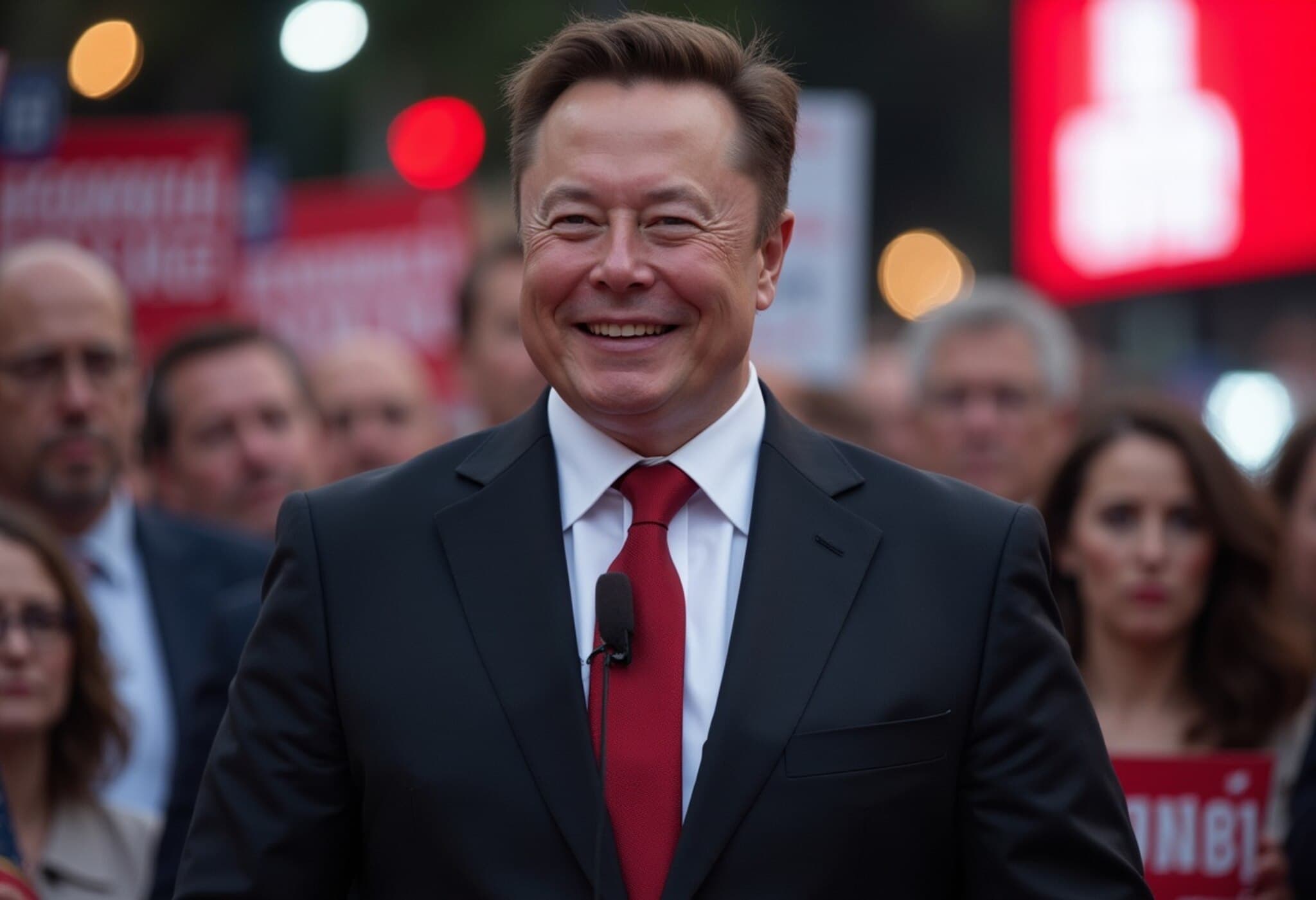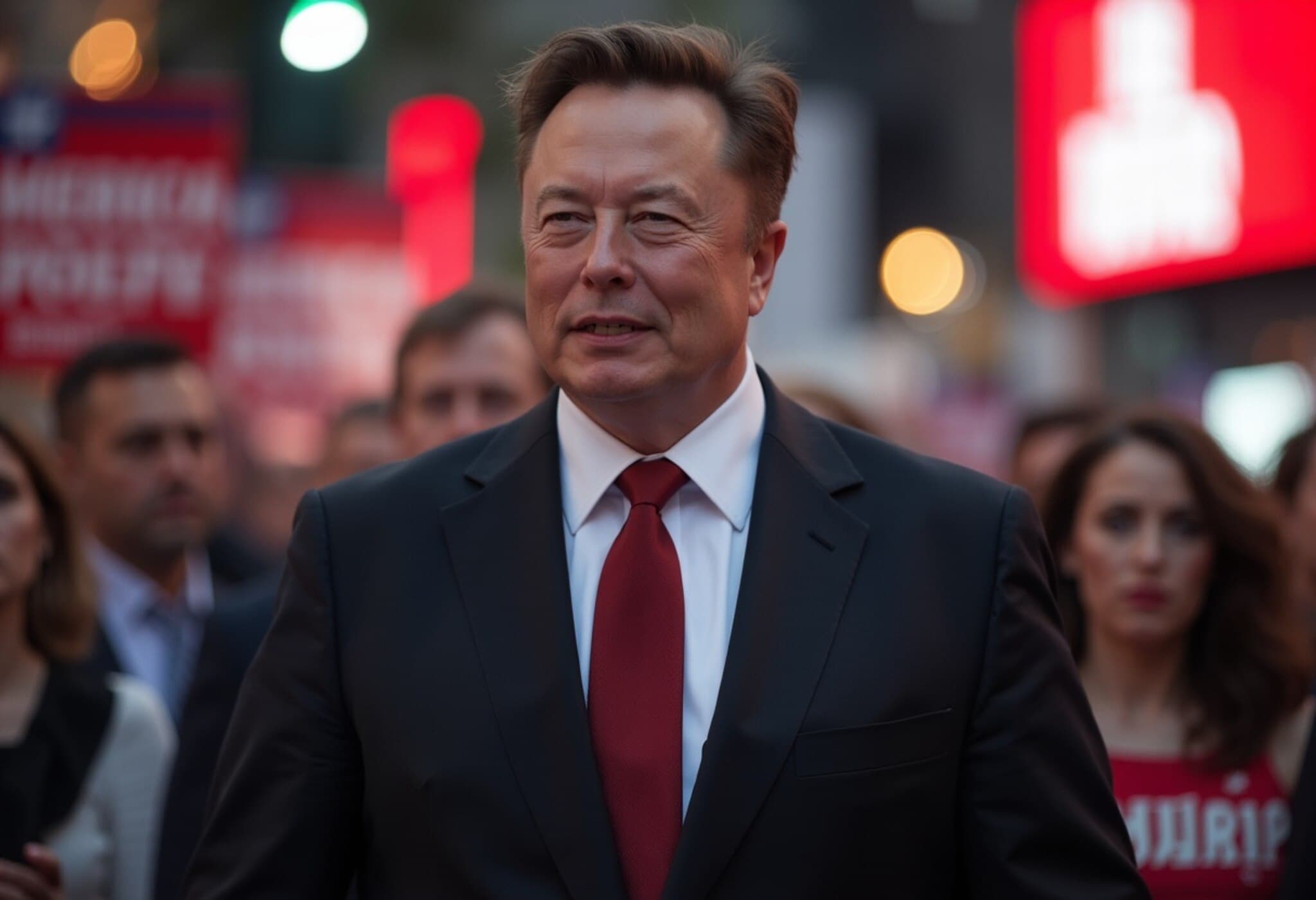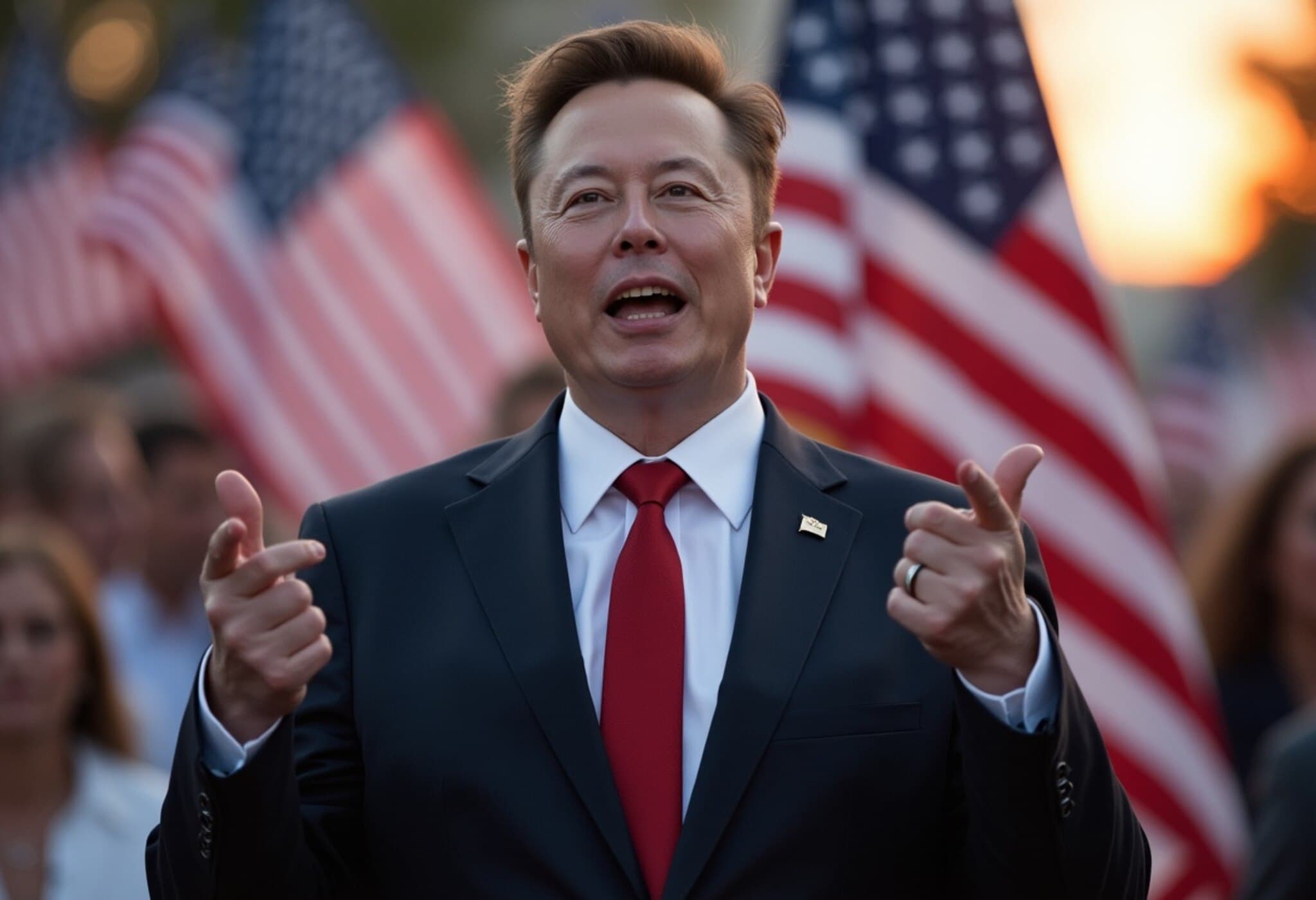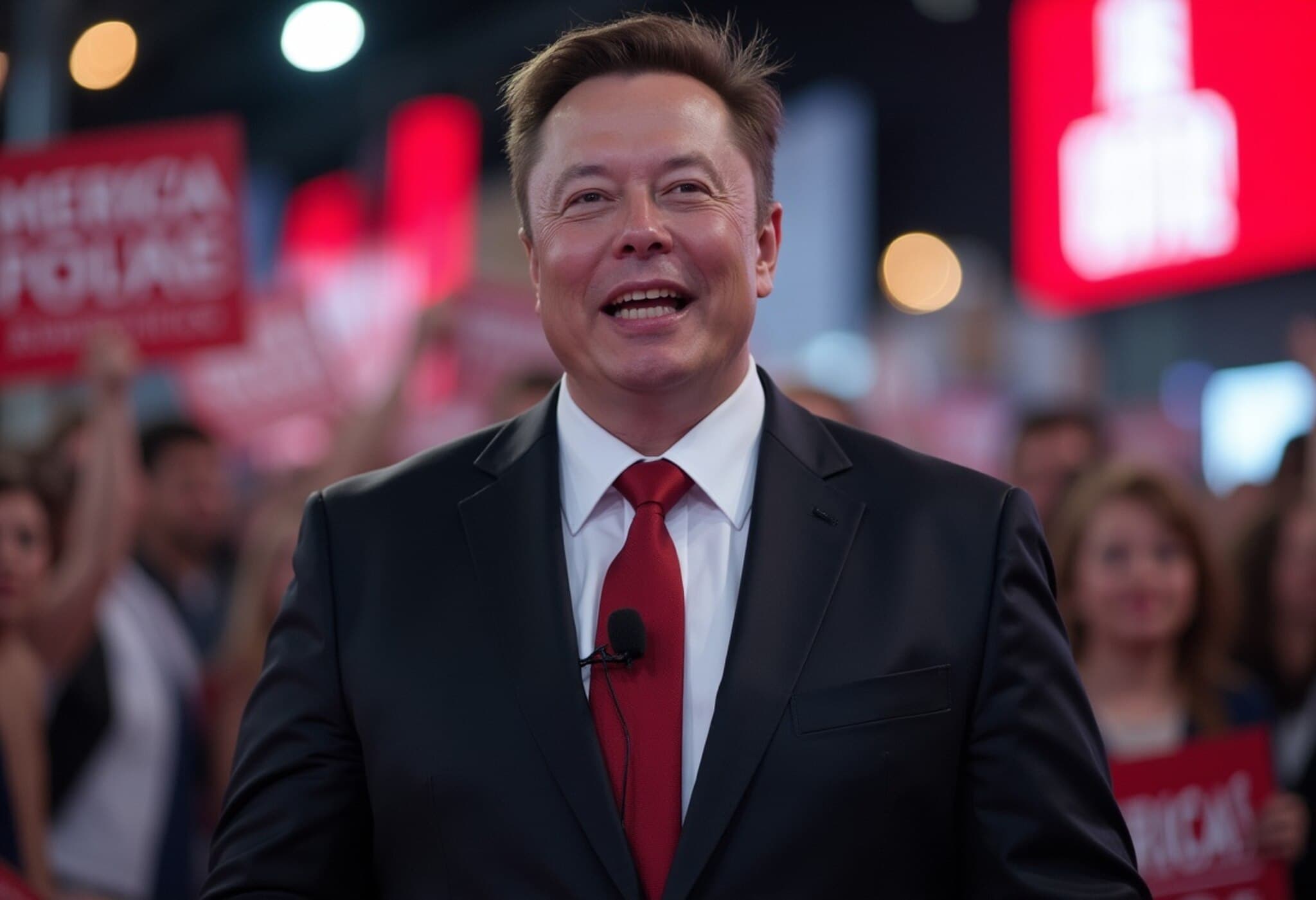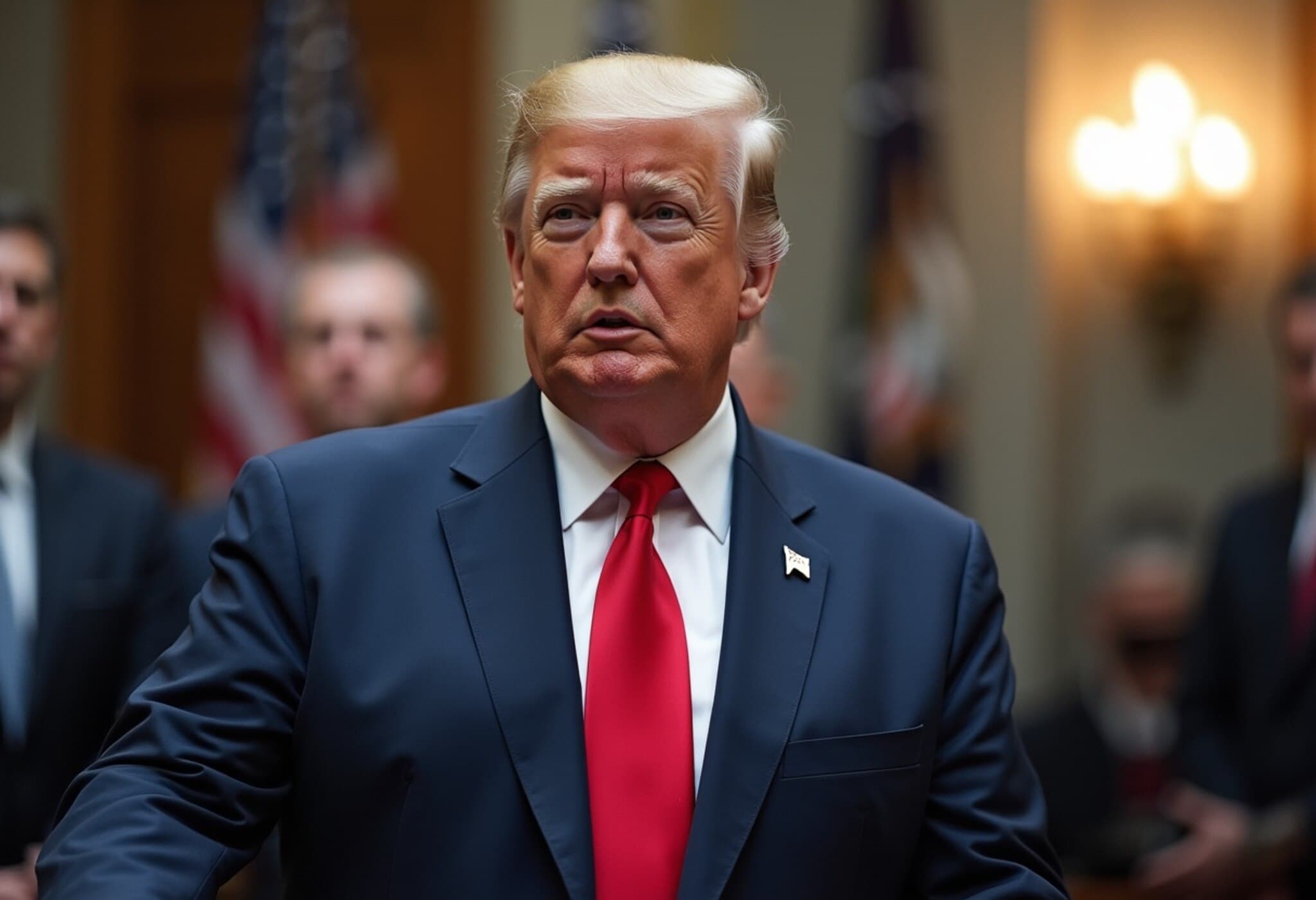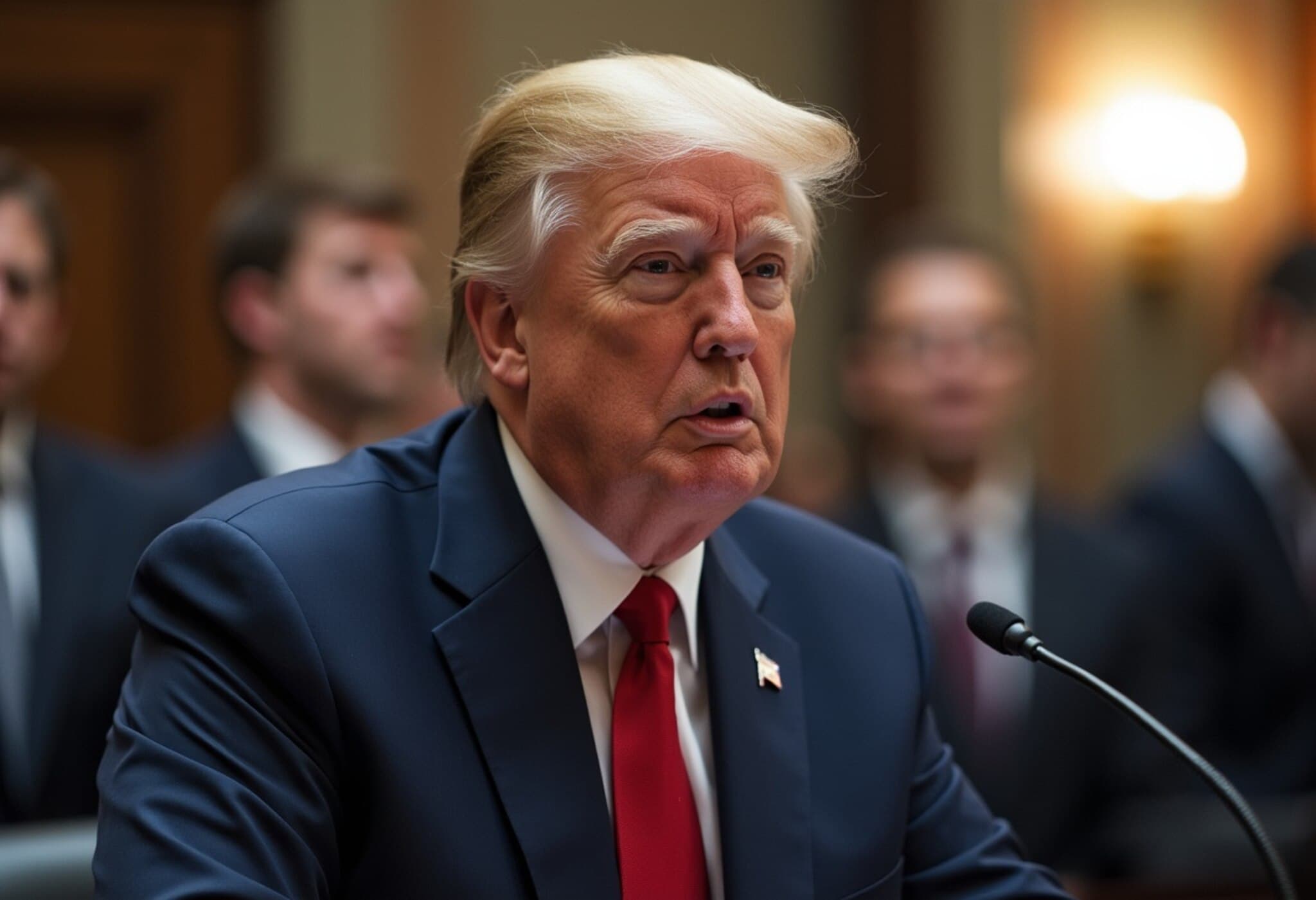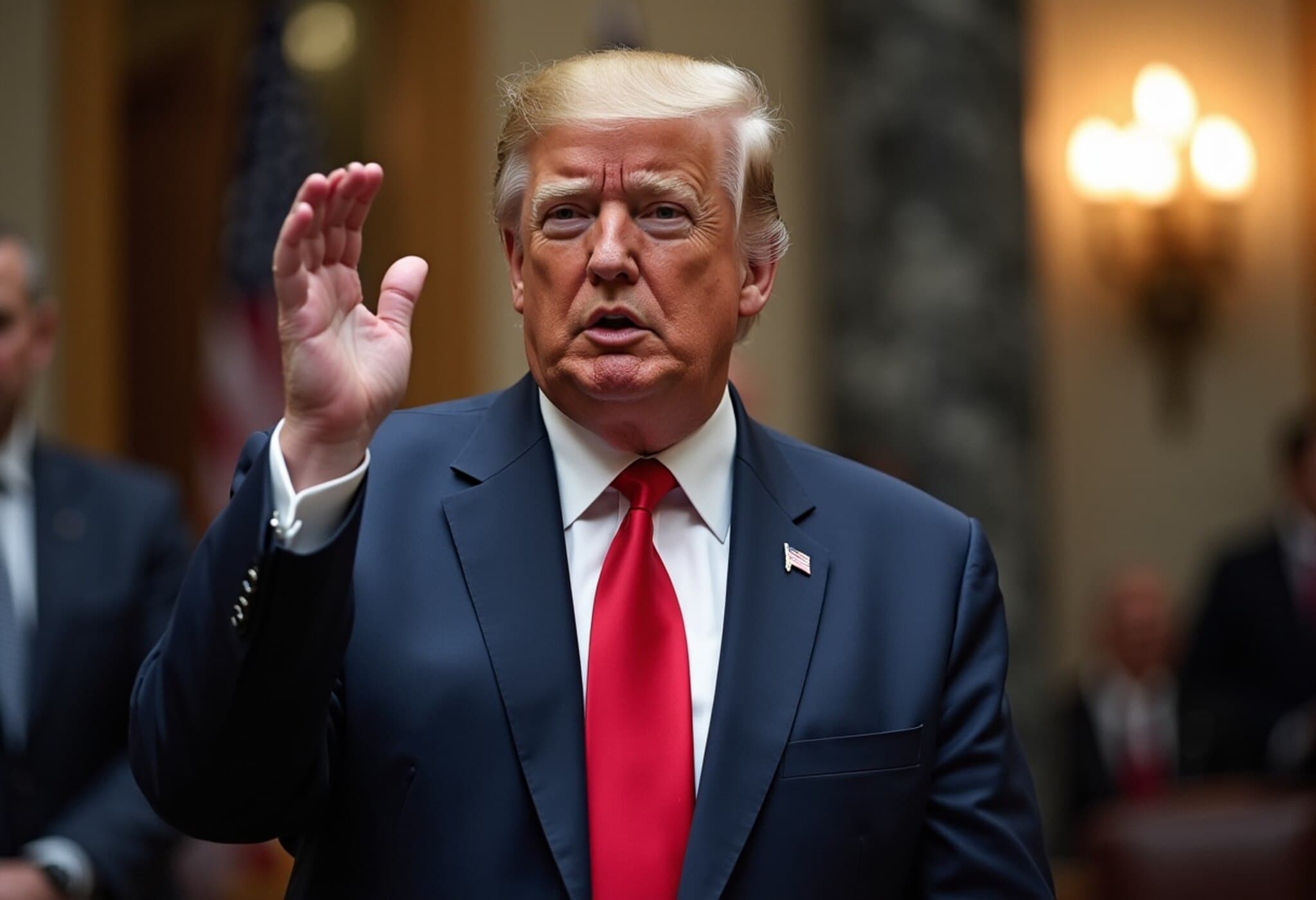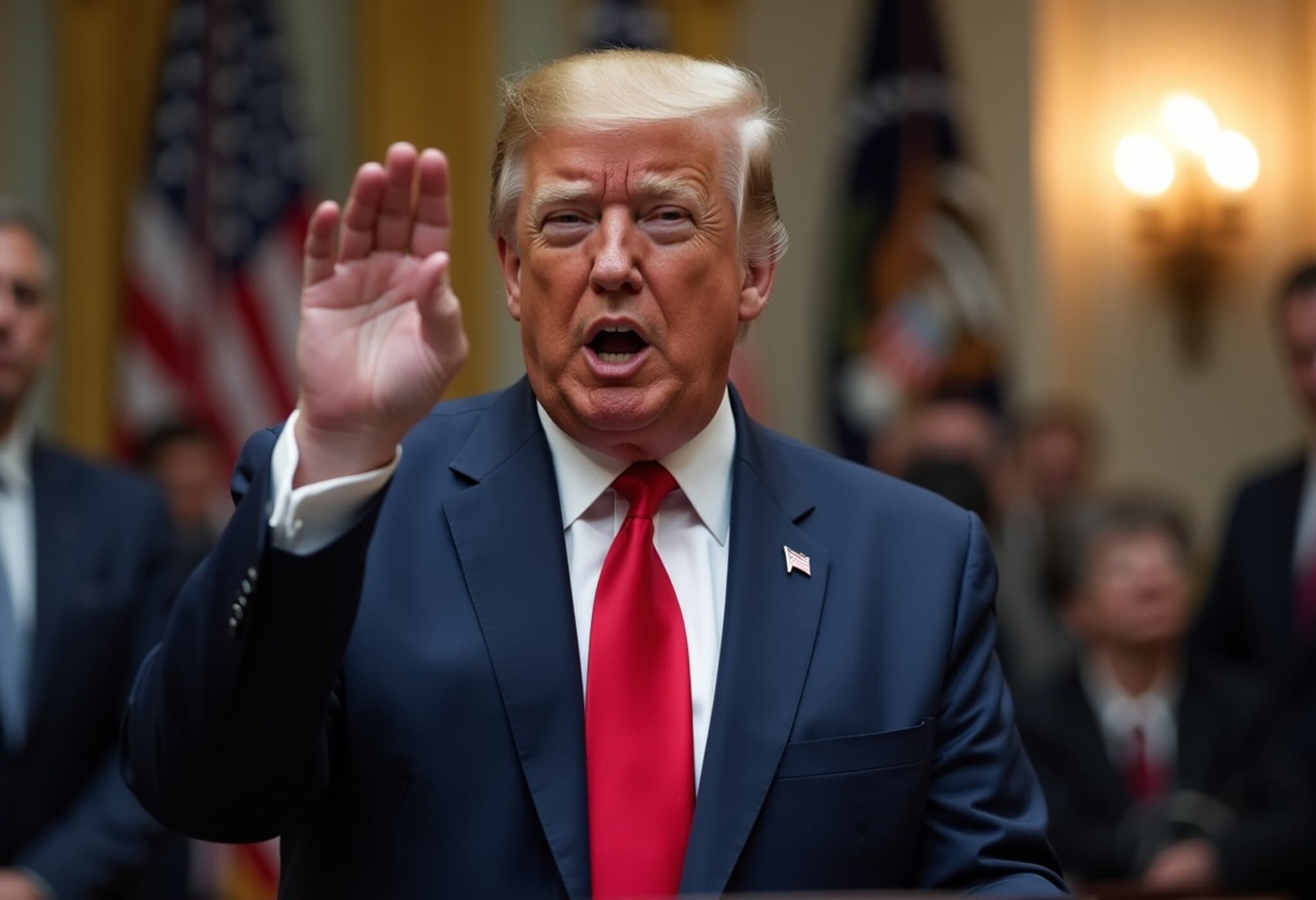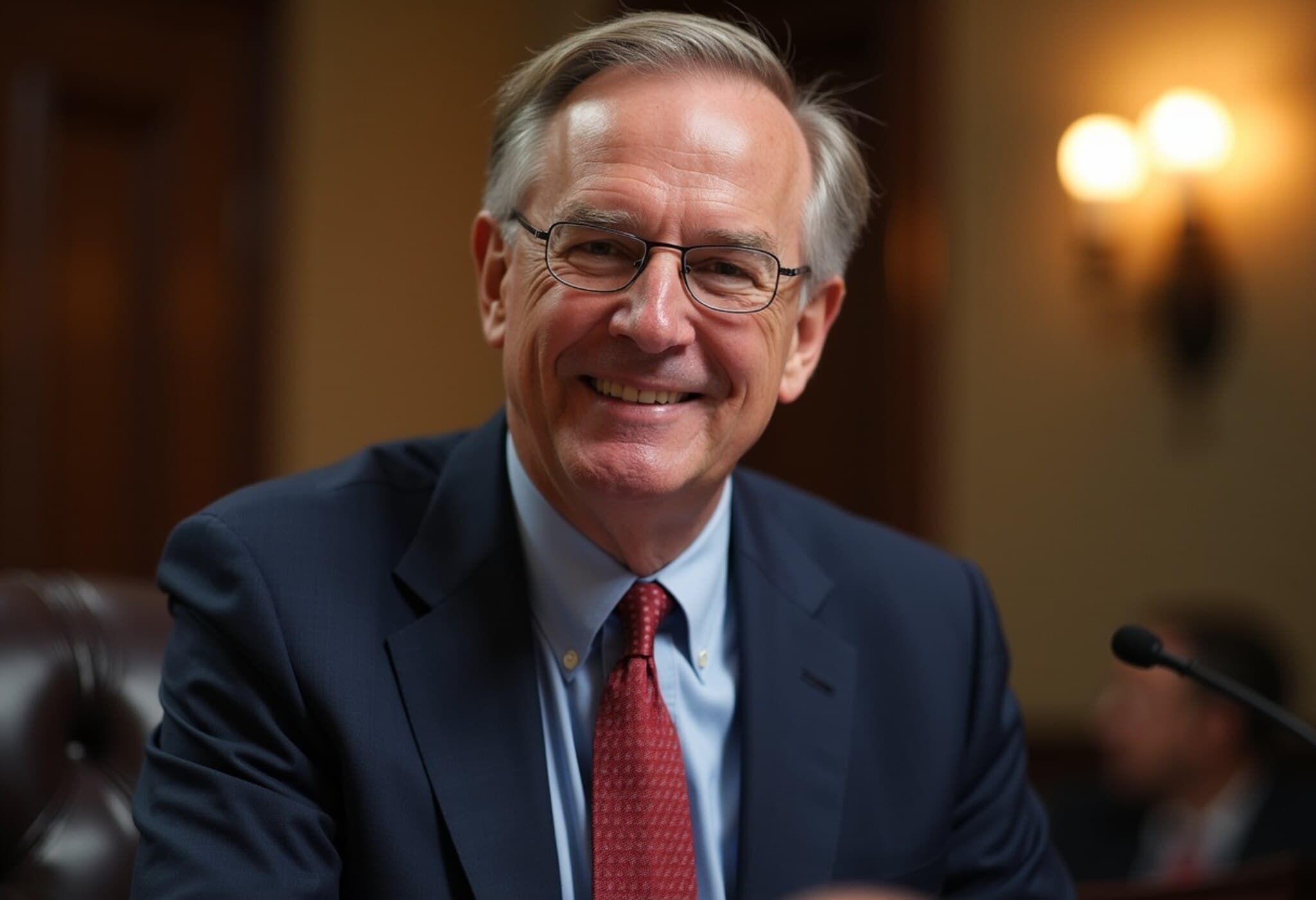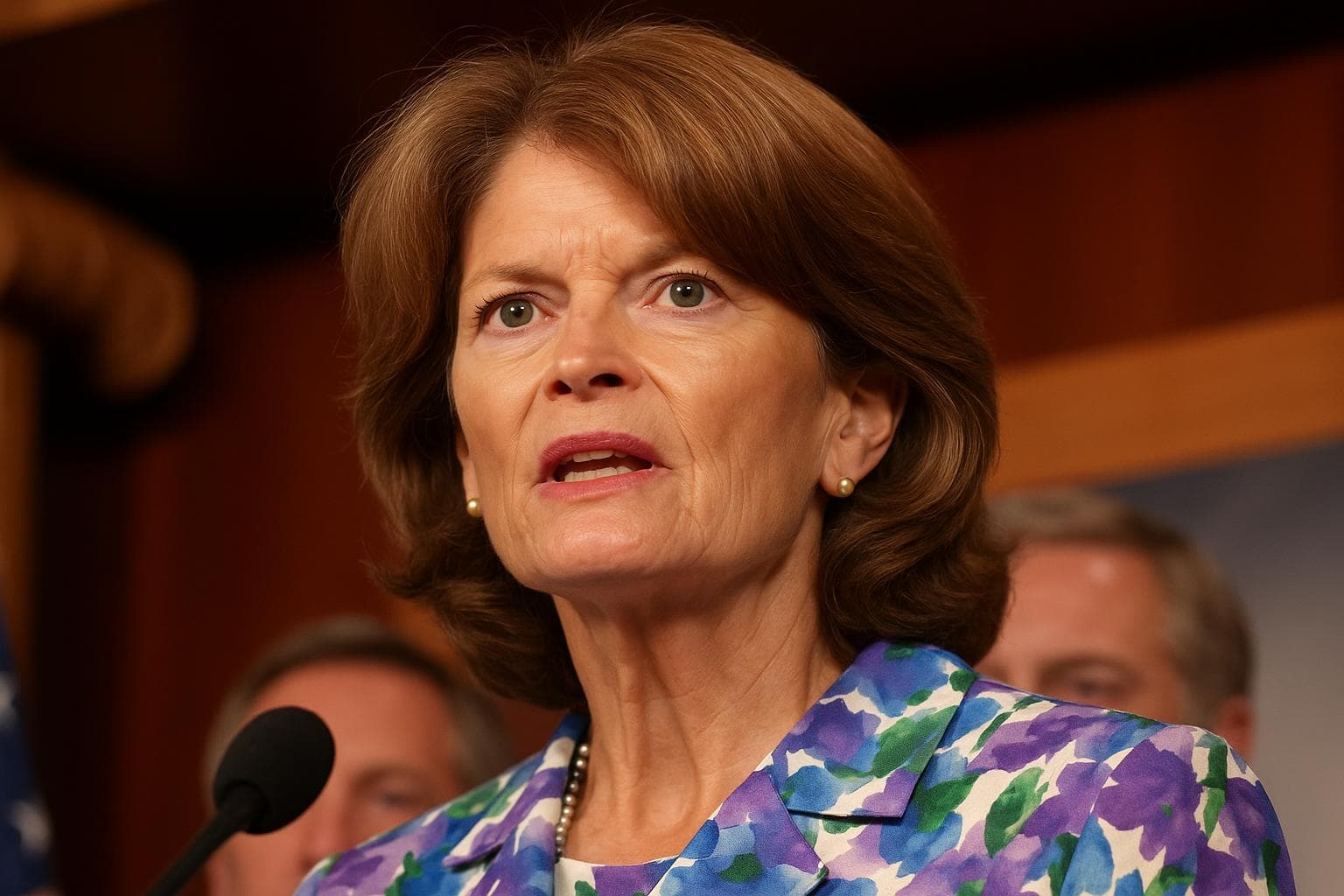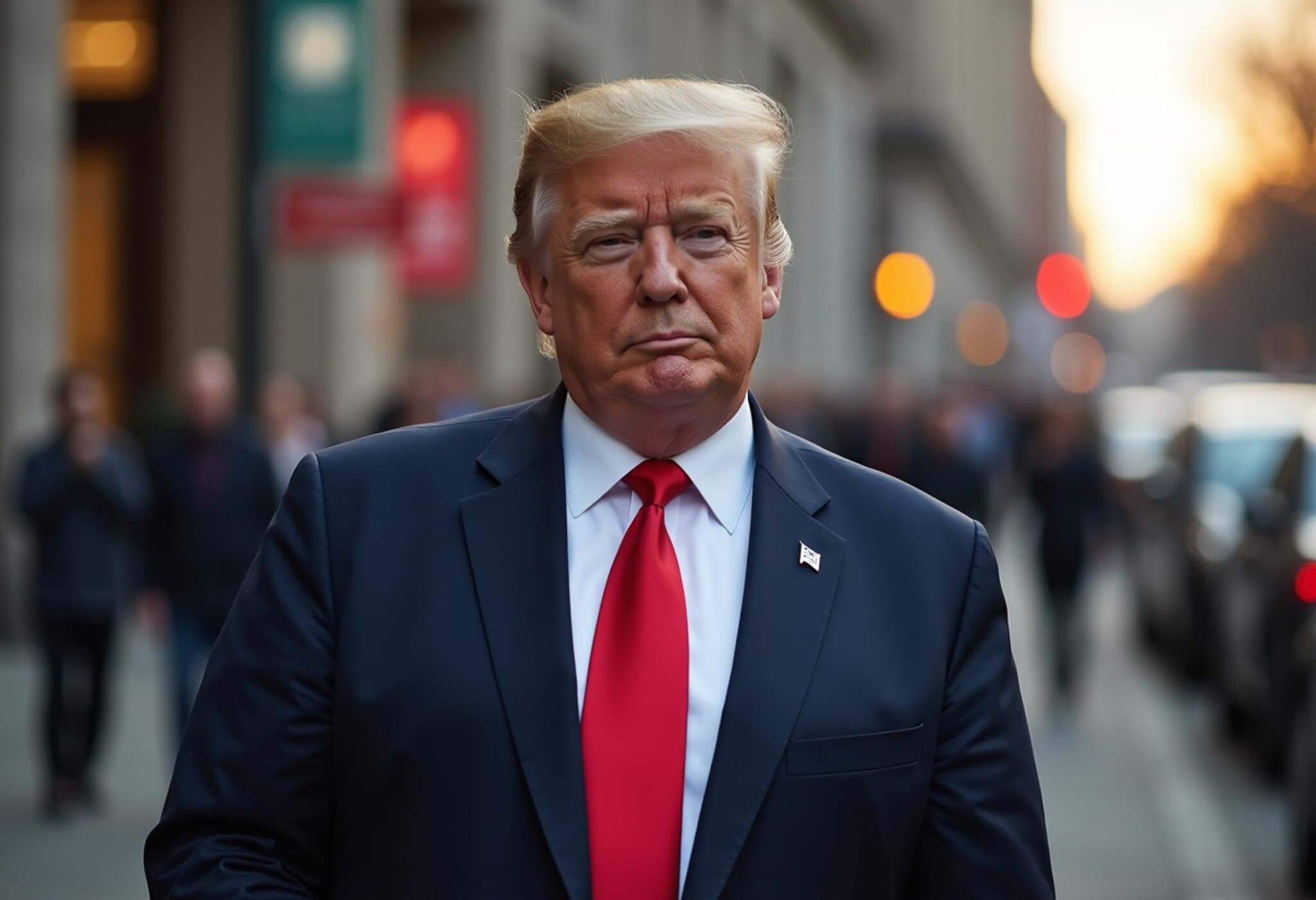Senate Narrowly Passes Trump’s Signature Tax and Spending Legislation
In a dramatic 50-50 split, the US Senate narrowly approved President Donald Trump’s massive tax and spending bill, the “One Big Beautiful Bill Act,” with Vice President JD Vance casting the crucial tiebreaking vote. The nearly 1,000-page legislation, hailed by the president as a centerpiece of his agenda, extends $4.5 trillion in tax cuts from his first term while increasing military spending and implementing strict immigration enforcement measures.
Overnight Vote Highlights Political Tensions
The tense vote came after an exhaustive all-night session featuring a “vote-a-rama” where dozens of amendments were debated. Senate Majority Leader John Thune managed to secure just enough support by persuading moderates and conservatives alike, despite opposition from Republican Senators Thom Tillis, Susan Collins, and Rand Paul. These dissenters voiced concerns over the bill’s deep cuts to Medicaid and expanding national debt.
Key Provisions and Controversies
- Tax Cuts: The bill permanently extends Trump’s 2017 first-term tax cuts, benefiting many taxpayers, with an average tax reduction of $2,900 per household. Senior citizens gain a temporary boost in their standard deduction.
- Medicaid and Social Welfare: The legislation proposes up to $1.2 trillion in cuts to Medicaid. This affects millions of low-income and disabled Americans who risk losing health coverage. It also tightens work requirements for recipients of food assistance programs (SNAP), adding further strain on vulnerable populations.
- Military and Border Security: The act increases military spending by $150 billion and allocates significant funding—approximately $46.5 billion—for the border wall and immigration enforcement.
- Green Energy Rollbacks: Billions of dollars are withdrawn from green energy tax credits, including the phase-out of electric vehicle tax incentives by the end of September 2025. Environmental advocates warn this will severely setback clean energy initiatives.
Political Fallout and Future Challenges
While the Senate managed passage after Vice President Vance’s intervention, the bill now returns to the House of Representatives, where resistance is mounting. Some House Republicans have expressed sharp criticism, calling the bill rushed and harmful to critical social programs. Hardline conservatives and moderate Republicans alike are questioning the deep spending cuts coupled with hefty tax breaks for the wealthy.
Speaker Mike Johnson has pledged swift action to pass the legislation, aspiring to meet President Trump’s July 4 deadline. However, many expect a protracted battle as Democrats promise to fiercely oppose the bill’s Medicaid cuts and debt expansions.
Elon Musk’s Public Rejection and Political Rift
Adding to the drama, tech billionaire Elon Musk vehemently opposed the bill, branding it “insane spending” and vowing to form an alternative political party if it becomes law. Musk criticized Congress members who historically advocated for reducing government spending yet supported this legislation.
In response, President Trump warned Musk via social media, threatening to revoke federal subsidies for Musk’s companies and implying he might need to relocate back to South Africa. The feud underscores growing divisions within conservative ranks and highlights tensions over government subsidies, green energy policies, and fiscal priorities.
Who Will Feel the Impact?
The bill’s passage impacts a broad swath of Americans:
- Medicaid Recipients: Millions face potential loss of coverage due to funding cuts and new work mandates.
- Low-Income Families: Stricter eligibility and work requirements reduce food aid access, affecting veterans, homeless individuals, and former foster youth.
- Taxpayers: Most taxpayers will see extended tax relief; however, wealthier households benefit disproportionately.
- Seniors and Students: Seniors receive temporary tax boosts, while student loan borrowing limits and repayment options tighten.
- Renewable Energy Sector: Incentives are curtailed, potentially affecting clean energy growth and markets for electric vehicles.
Looking Ahead
The “One Big Beautiful Bill Act” represents a high-stakes gamble with widespread political and social ramifications. With sharp divisions within the Republican Party, fierce Democratic opposition, and vocal critics like Elon Musk, the bill’s journey through the House remains uncertain. As the clock ticks towards Independence Day, all eyes remain on Capitol Hill to see if the legislation will become law and how it will shape America’s economic and social landscape.

